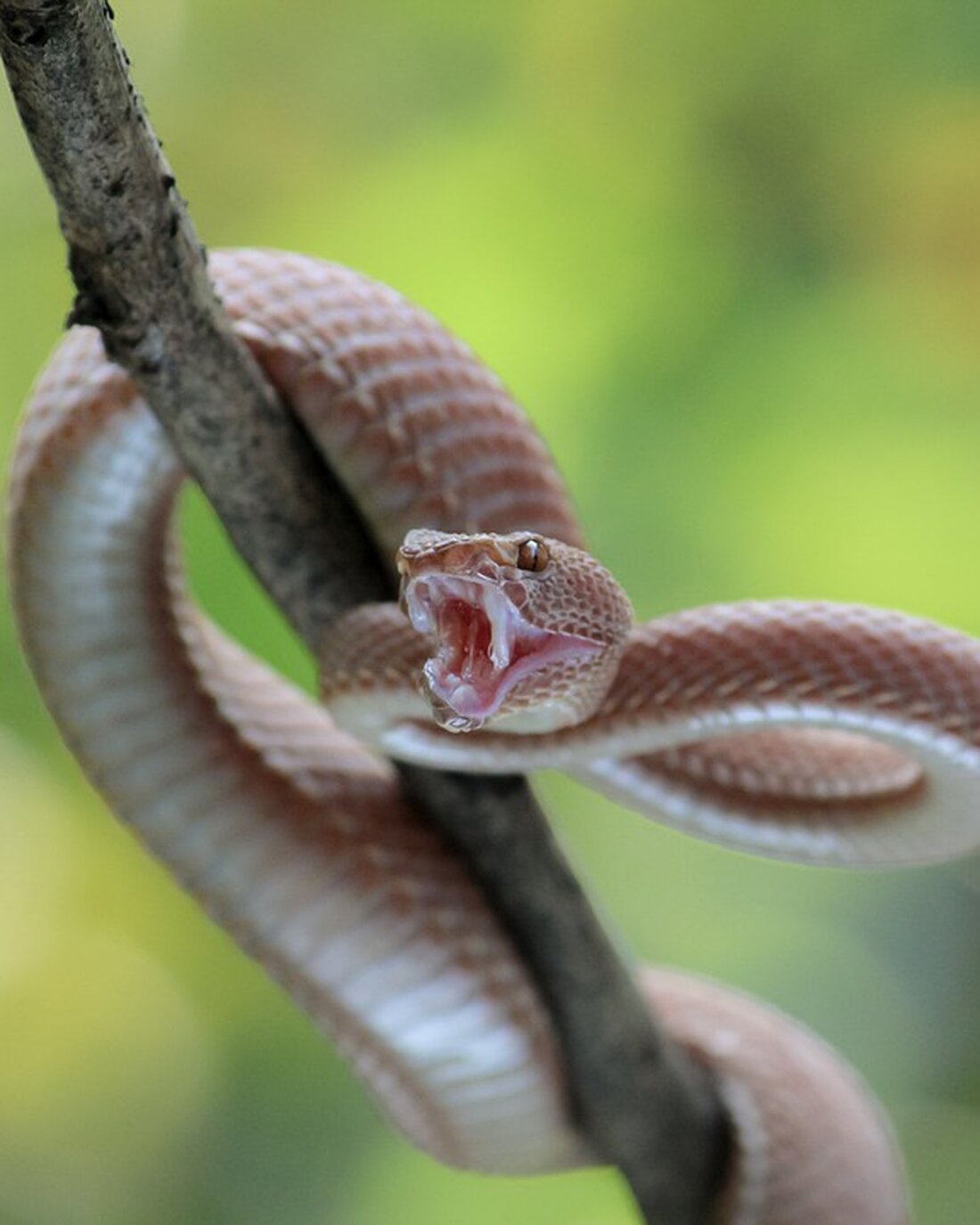Toxic Snow White apples: Federal Office is planning higher limit values - Confederation is fighting against it
Articles on the Federal Office for Poisoned Snow White Pasches and the Bund's resistance to higher limit values for a dangerous fungicide. Read more about the planned increase in the limit for residues in core fruit and the effects on hop export. Find out why the federal government advocates sustainable agriculture with reduced pesticide use.

Toxic Snow White apples: Federal Office is planning higher limit values - Confederation is fighting against it
Federal Office for Toxic Snow White Pops | Federation against higher limit values for dangerous fungicide
Berlin-A current initiative of the Federal Office for Consumer Protection and Food Safety (BVL) causes discussions: In the Lake Constance region, apples and pears are to be increasingly treated with a dangerous pesticide in the future. As a result, the limit values for the residues of the poisonous fungicide are to be increased in core fruit. The BUND for the Environment and Nature Conservation Germany (BUND) faces the planned measure of the BVL, which would raise the limit for the pesticide for 20 times.
An important problem behind the planned measure is the endangered hop export to the USA and Japan. Due to the wet weather in the Lake Constance region, the risk of scab infections on core fruit increases. However, the pesticide Captan used so far ends up by drift in the surrounding fields and thus also affects hop cultivation. However, the states of the USA and Japan do not tolerate captan residues in imported products, which would endanger the export of hops. Therefore, an emergency permit for the fungicide with the active ingredient folpet was already granted for this fruit growing season. However, the use of this pesticide would lead to residues in the fruit, which significantly exceed the EU-wide limit. The BVL therefore plans to temporarily raise the limit of the highly dangerous fungicide in core fruit from 0.3 mg/kg to 6 mg/kg. A corresponding design is already available. As a result, such apples and pears could only be sold in Germany and can no longer be exported to other EU countries.
experts from the federal government express great concerns about the use of folpet. It is a highly dangerous fabric that is acute toxic and is probably considered likely to be carcinogenic and changing in genetic makeup. It is also highly toxic to fish and water organisms. The federal government calls for a ban on such dangerous substances instead of their increased use. These have no place in the home fruit.
The increased applications for the emergency permit of pesticides and the increase in limit values as a reaction to weather extreme tremos caused by the climate crisis are not a sustainable solution from the federal government's point of view. Instead, measures should be taken that generally reduce the use of pesticides, protect biodiversity and do not endanger the health of users and consumers. For example, resistant fruit varieties could be used, regular tree cuts are carried out for ventilation and the case leaves are removed, since the fungal spores hibernate.
An important point the federal government appeals is the assessment of the scab as a primary aesthetic problem. In contrast to pesticide residues in the fruit, apples with scab are not a health risk. Here the food trade also comes into play, which should develop a tolerance towards goods with beauty errors. This would be wiser, healthier and more sustainable than filling the shelves with perfect apples.
The federal government's claims are aimed at Federal Agriculture Minister Cem Özdemir (Greens). The federal government asks him to use a reduction in the use of the pesticide and to stop the BVL measures. The Federal Ministry of Food and Agriculture (BMEL) should support fruit growers in the application of non-chemical alternatives and oblige the food trade to tolerate goods with beauty errors.
for more information:
- Opinion of the BUND on the draft of the BVL
- BUND page "Pesticides are everywhere"
- food without pesticides: better for humans and nature
- Contact: Corinna Hölzel, Bund-Pesticide expert, Tel.: 030-27586547, email: corinna.hoel@bund.net
BUND for the Environment and Nature Conservation Germany (BUND) e.V., Petra Kirberger (from-I.S.D.P.), Kaiserin-Augusta-Allee 5, 10553 Berlin

 Suche
Suche
 Mein Konto
Mein Konto
